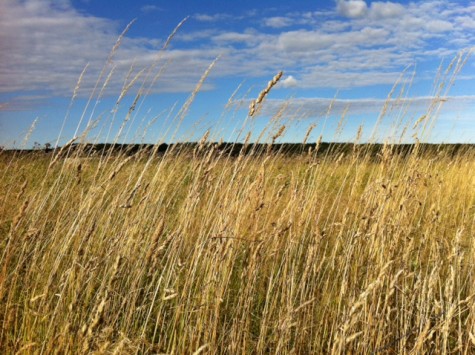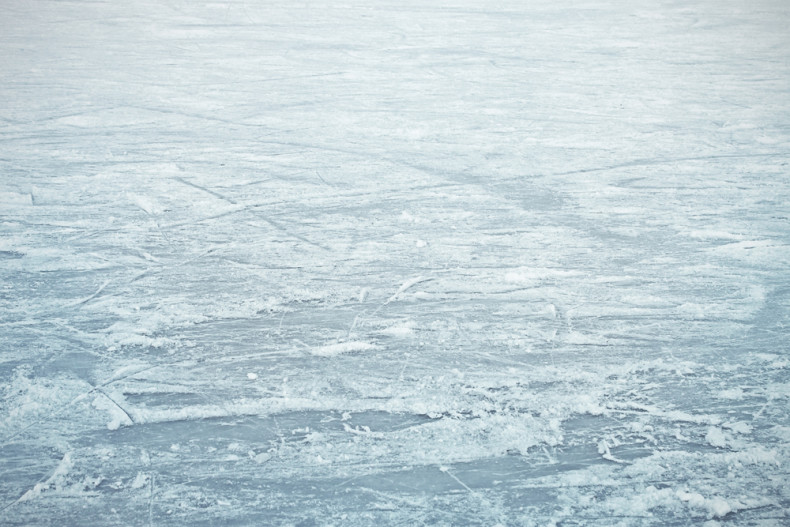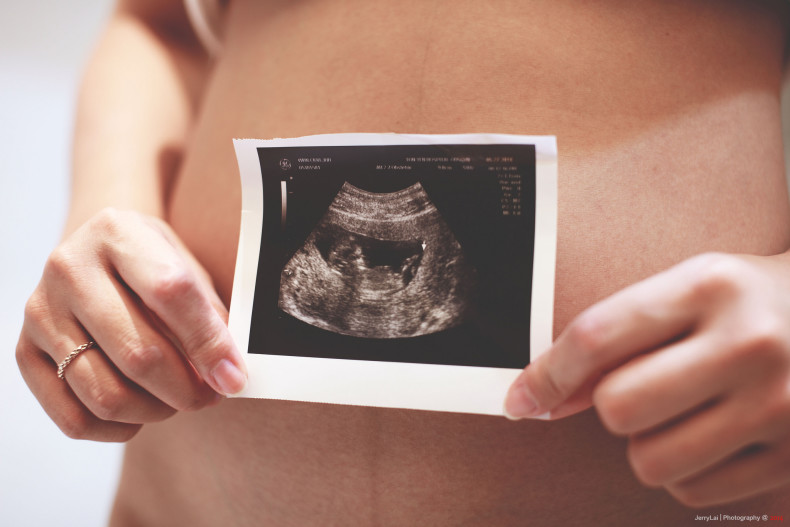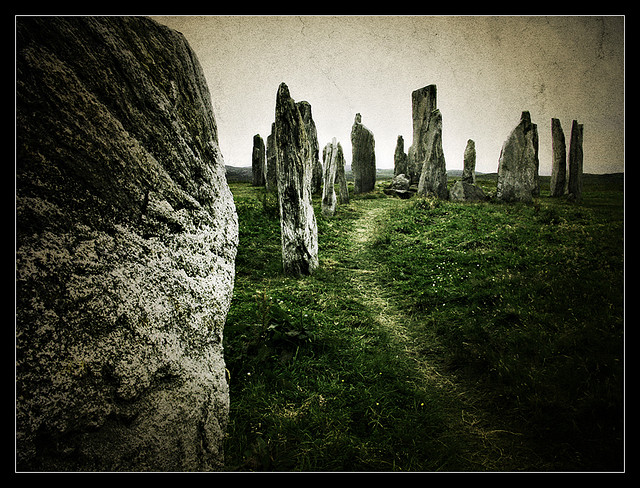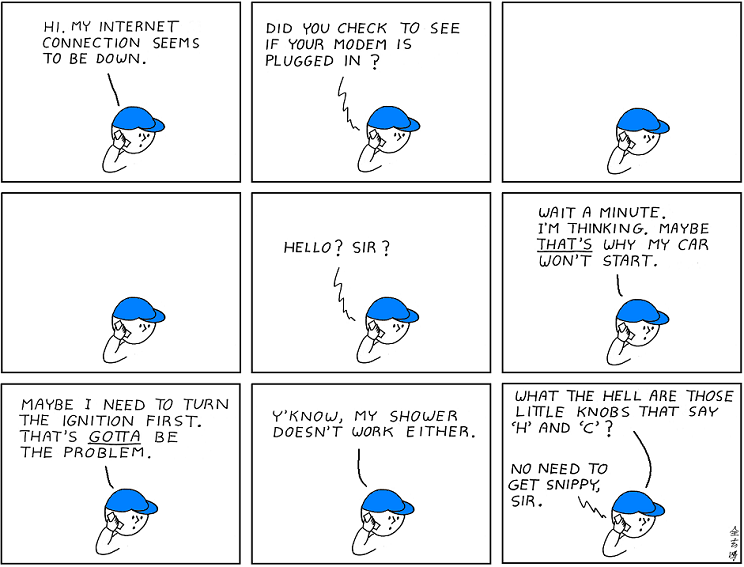 For all those who suffered through my impossibly obscure quiz questions a fortnight ago, my heartfelt thanks. 120 readers sat the quiz to the end, and the average grade of 44% is no disservice to your knowledge level.
For all those who suffered through my impossibly obscure quiz questions a fortnight ago, my heartfelt thanks. 120 readers sat the quiz to the end, and the average grade of 44% is no disservice to your knowledge level.
There is one question in particular, though, whose most popular response surprises me. A remipede is a pale crustacean with no eyes, and 37 people guessed that correctly. Interestingly, 51 people (42.5% of the respondents) chose “an insect with an odd number of legs”.
May I direct your attention to the Last Word on Nothing banner image above – a display of the types of symmetries in life, from the Field Museum in Chicago. Let’s talk about bilateral symmetry. Continue reading
